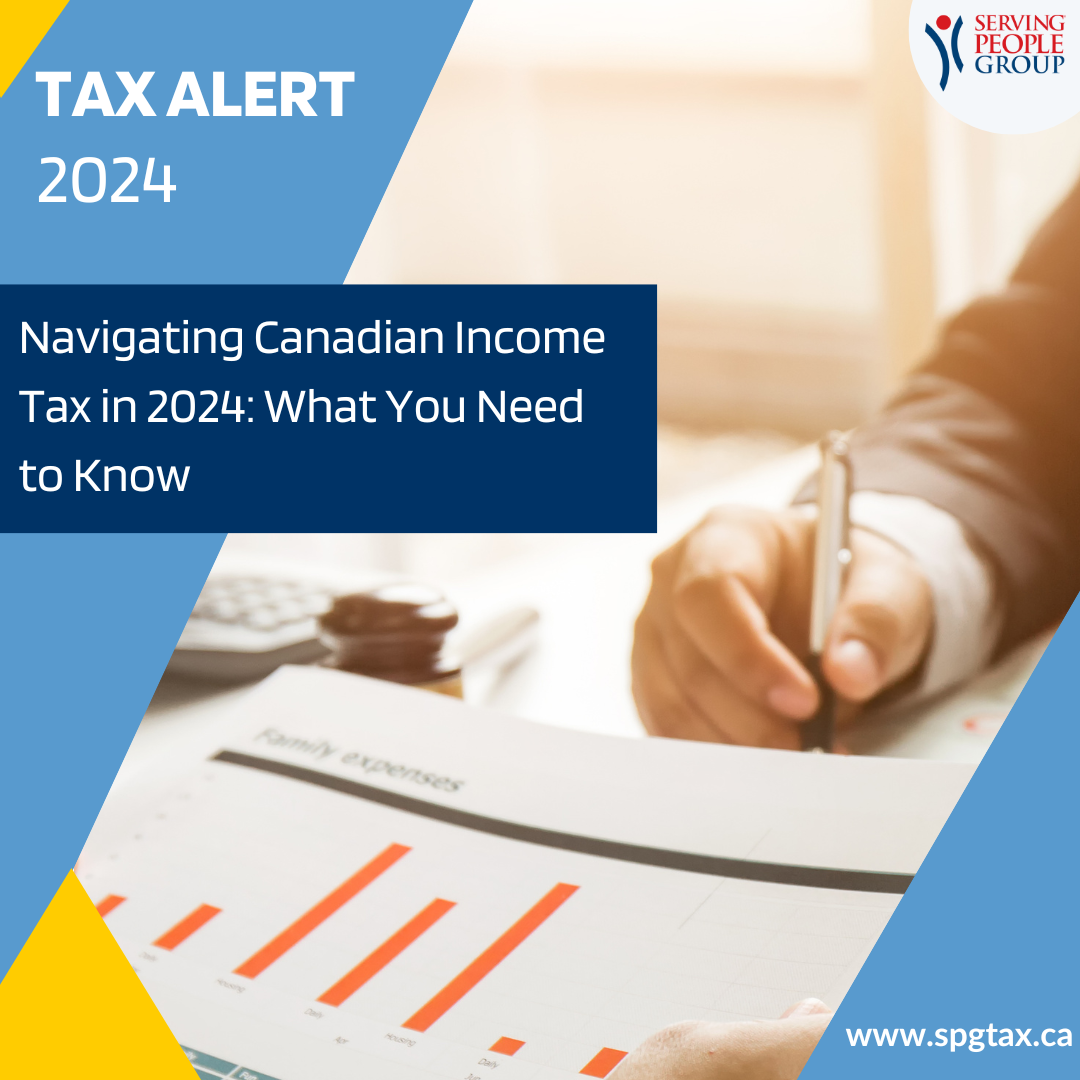Navigating Canadian Income Tax in 2024: What You Need to Know
As we enter a new tax year in 2024, it’s crucial to stay informed about the latest changes and updates to Canadian income tax regulations. The Canadian tax landscape is continually evolving, and understanding these changes is essential for individuals and businesses alike. In this blog post, we’ll explore key aspects of Canadian income tax for 2024 and provide valuable insights to help you navigate this fiscal year with confidence.
1. Filing Deadlines and Important Dates
First and foremost, let’s address the filing deadlines for 2024. Individuals and businesses in Canada must file their income tax returns by April 30, 2024, for most individuals. Self-employed individuals and their spouses or common-law partners have until June 15, 2024, to file their returns, but any balance owing is still due by April 30, 2024.
2. Changes in Tax Brackets and Rates
One of the significant aspects of Canadian income tax is the tax brackets and rates. Tax brackets are adjusted annually for inflation, which means that the income thresholds at which higher tax rates apply may change. It’s essential to be aware of these changes, as they can impact your tax liability. In 2024, stay updated on the new tax brackets and rates to ensure accurate tax calculations.
3. COVID-19 Related Tax Considerations
The COVID-19 pandemic has had a profound impact on tax regulations. Various relief measures and support programs were introduced in previous years. While many of these programs have evolved or expired, some might still have tax implications in 2024. It’s important to understand how these measures may affect your tax situation and whether you need to report any related income or benefits.
4. Deductions and Credits
Canada offers a variety of deductions and tax credits that can help reduce your overall tax liability. Some deductions are based on personal circumstances, such as medical expenses or charitable donations, while others are related to business expenses for self-employed individuals and small businesses. Stay informed about the deductions and credits that apply to you, as they can significantly impact your tax return.
5. Filing Methods and Software
In the digital age, filing your Canadian income tax return has become more accessible than ever. The Canada Revenue Agency (CRA) encourages taxpayers to file electronically, as it’s secure and efficient. Many tax preparation software options are available to simplify the process and help you claim all eligible deductions and credits. Consider using reputable tax software or consulting a tax professional for assistance.
6. Seek Professional Guidance
Navigating Canadian income tax can be complex, especially if you have unique financial situations or business considerations. Seeking the advice of a tax professional can provide peace of mind and ensure that you optimize your tax return while complying with all relevant tax laws.
In conclusion, staying informed about Canadian income tax regulations for 2024 is essential for individuals and businesses alike. Be aware of filing deadlines, changes in tax brackets and rates, COVID-19 related considerations, deductions, and credits. Additionally, consider using tax software or consulting a tax professional for guidance. By staying proactive and informed, you can navigate the Canadian income tax landscape confidently and make the most of your financial situation in the new tax year.
Don’t let tax season sneak up on you. Take control of your financial future today by scheduling an appointment with Serving People Group, your trusted partner in income tax services. Our team of experienced tax professionals is here to ensure that your tax return is accurate, optimized, and filed on time.

